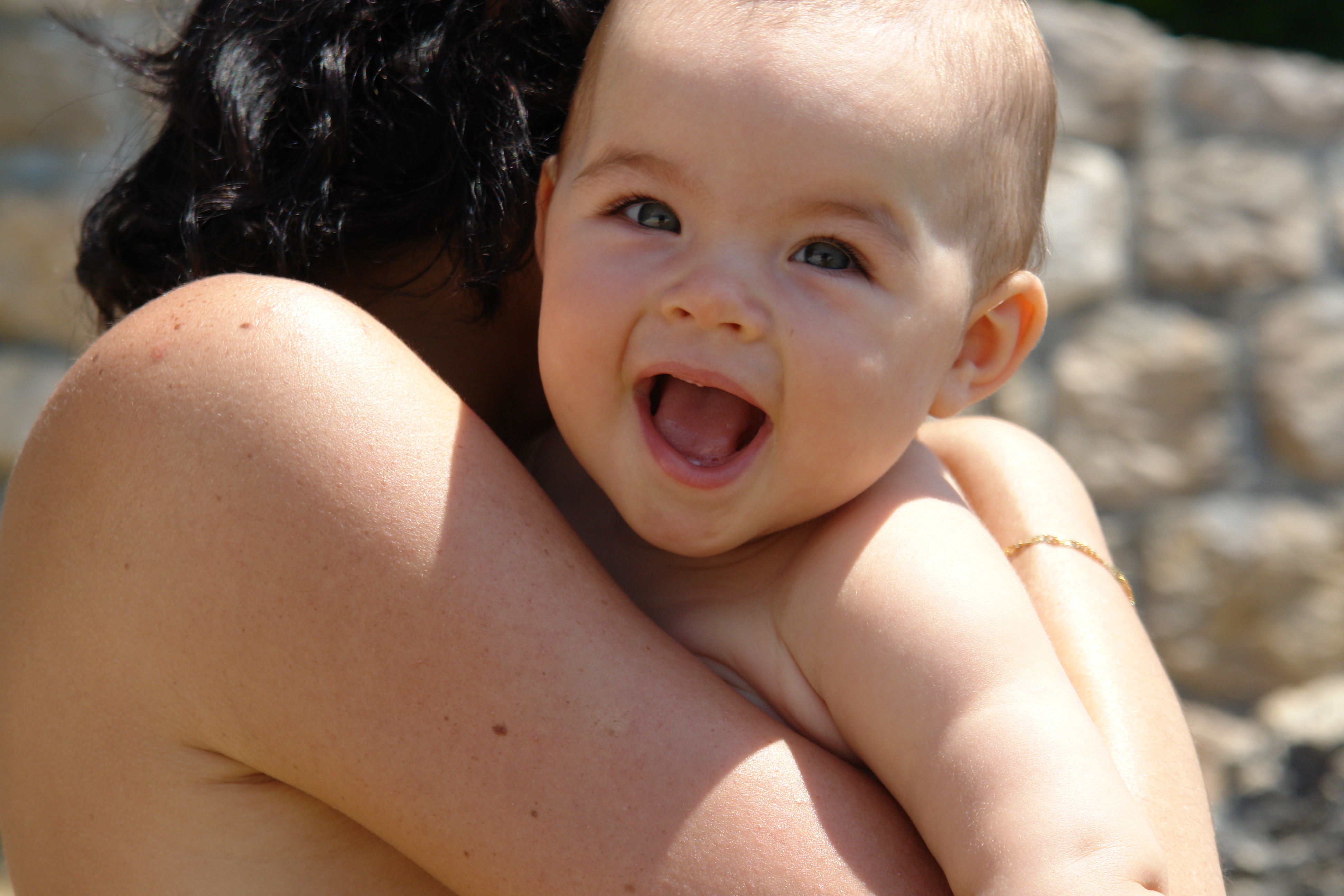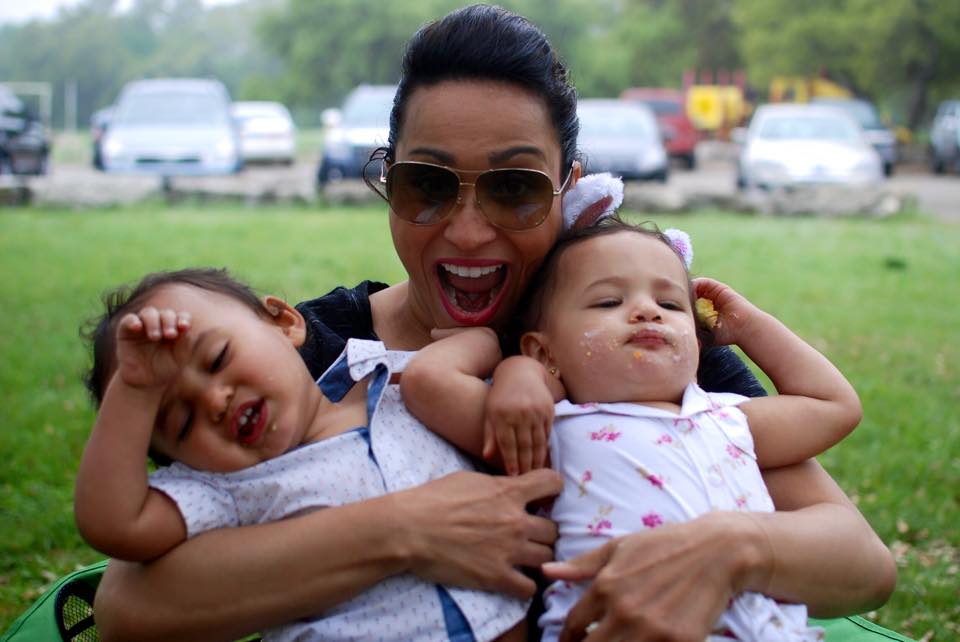Attachment "... is the key to all mental health, intelligence and functioning as a human being"
~ Dr. Sue Gerhardt

What is Attachment Theory?
Attachment theory (not to be confused with Attachment Parenting) posits that our earliest interactions with our primary caregiver(s) greatly influence our personalities, behaviors and relationships across the lifespan. Developmental Psychologists believe that it is the most important developmental task a child will ever achieve.
The theory was proposed in the 1950s by British psychologist John Bowlby who determined that the primary caregivers’ reactions and responses to the infant’s stimulating behaviors (ex: crying and smiling) shape the infant’s internal working model (self-perception). Unlike the majority of earlier theories that hypothesized that infants would attach to whomever was the source of food, Bowlby’s concluded that the determining factor of attachment is the responsiveness of the caregiver. The consistency and quality of this responsiveness serves as as a prototype for all social relationships.
Why is Attachment Theory Important?
In the 1960s Bowlby’s student Mary Ainsworth discerned three different kinds of attachment styles; secure, insecure-avoidant and insecure-ambivalent with “secure attachment” being the gold-standard. Later, Mary Main added a fourth attachment style, disorganized attachment. These attachment styles greatly impact a person’s view of him/herself and others and having an understanding of the concepts presented in attachment theory is critical to the vast majority of the population because failure to securely attach can lead to poor coping skills, poor self-regulation, low self-esteem, lack of empathy and compassion, substance use, criminal activity, family problems, mental health issues, self harm and problems with interpersonal relationships - all of which negatively affect so many facets of society.
While Attachment Theory primarily focuses on infants and children, it affects all of us because we tend to carry our attachment styles into adulthood and into our interpersonal relationships (ex: our romantic relationships).
Knowledge of Attachment Theory enables us as workers, parents and individuals to be able to either offer our children the healthiest emotional start possible, or to better assess, diagnose, prevent, manage and treat any negative symptoms and behaviors, and in doing so, address a multitude of societal problems.

Attachment is My Passion
My name is Steena, I'm a mother of twins and a Licensed Clinical Social Worker (LCSW). I first encountered Attachment Theory in graduate school and I became instantly fascinated by it – I was stunned by the importance of this information , yet it seemed that so few people knew about it despite the fact that most people have/want or work closely with children. Attachment Theory completely changed my ideas about how to give a child the best start in life.
Helping others give their children the best start in life and helping people to understand their own attachment styles became my passion and I became a consultant because I am excited and determined to bring Attachment Theory to as many people as possible. I truly believe that emotionally healthy babies become successful and emotionally healthy adults which means a happier healthier, and safer world all round.
